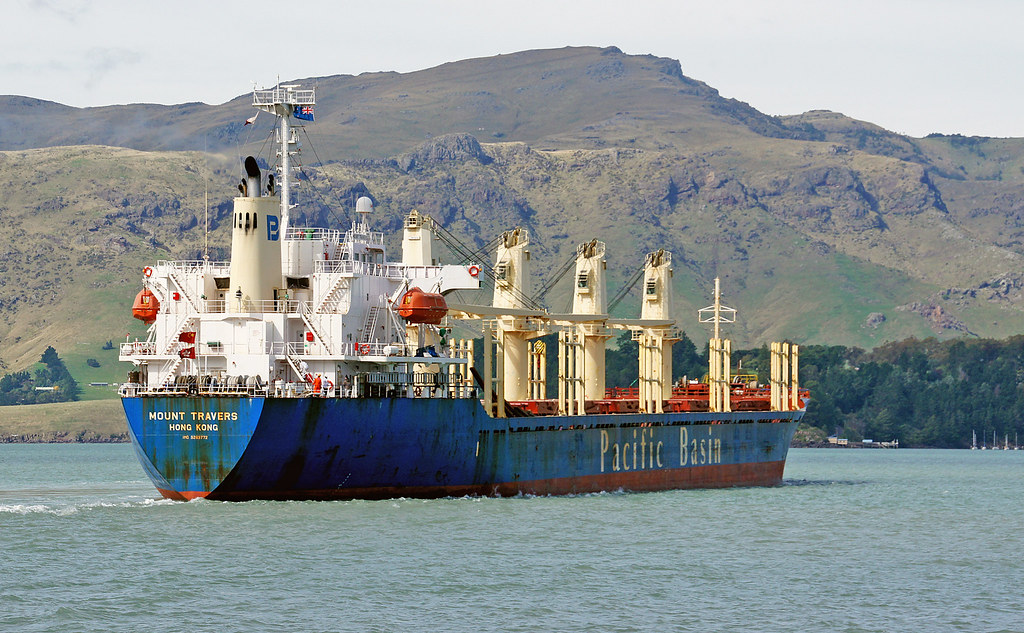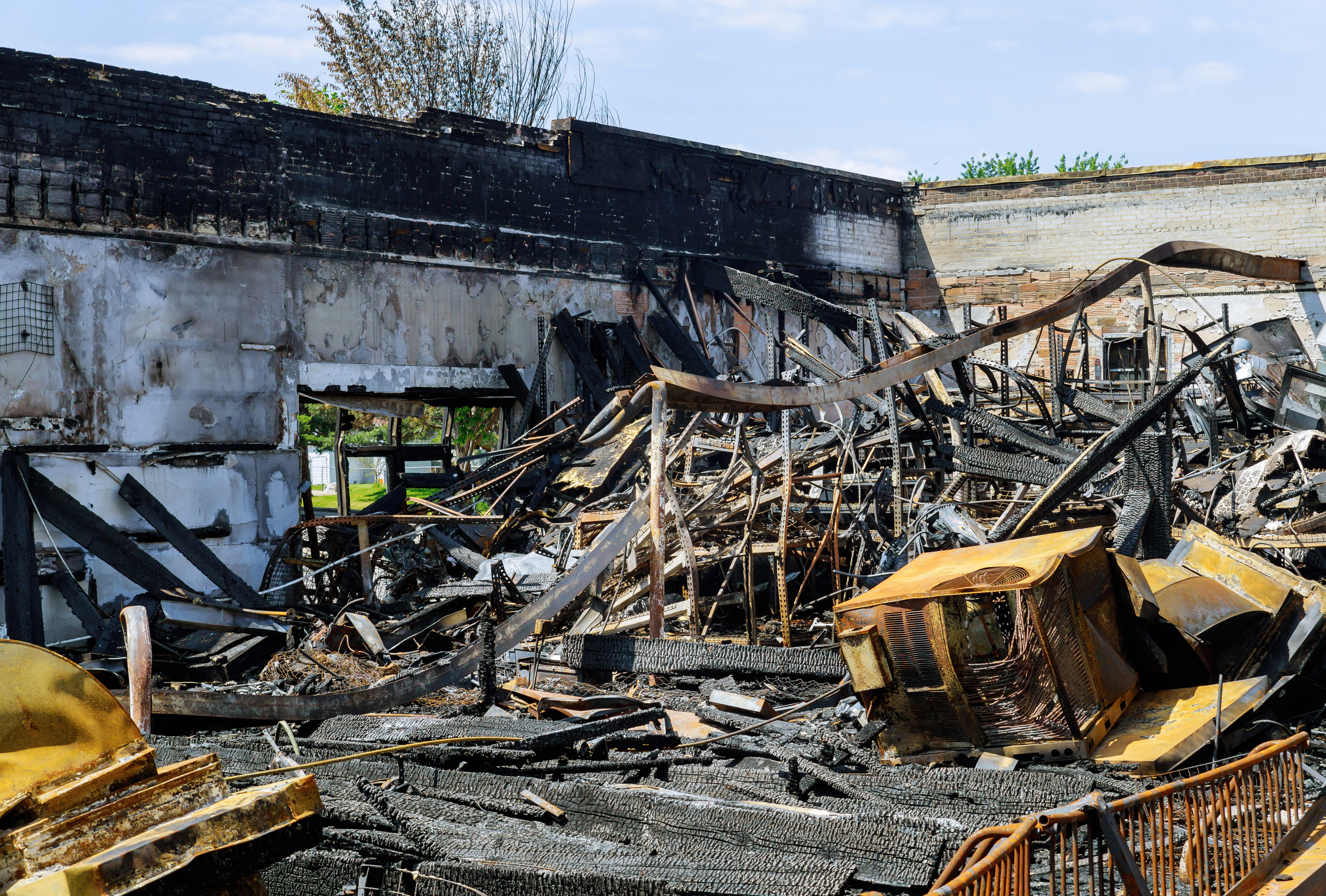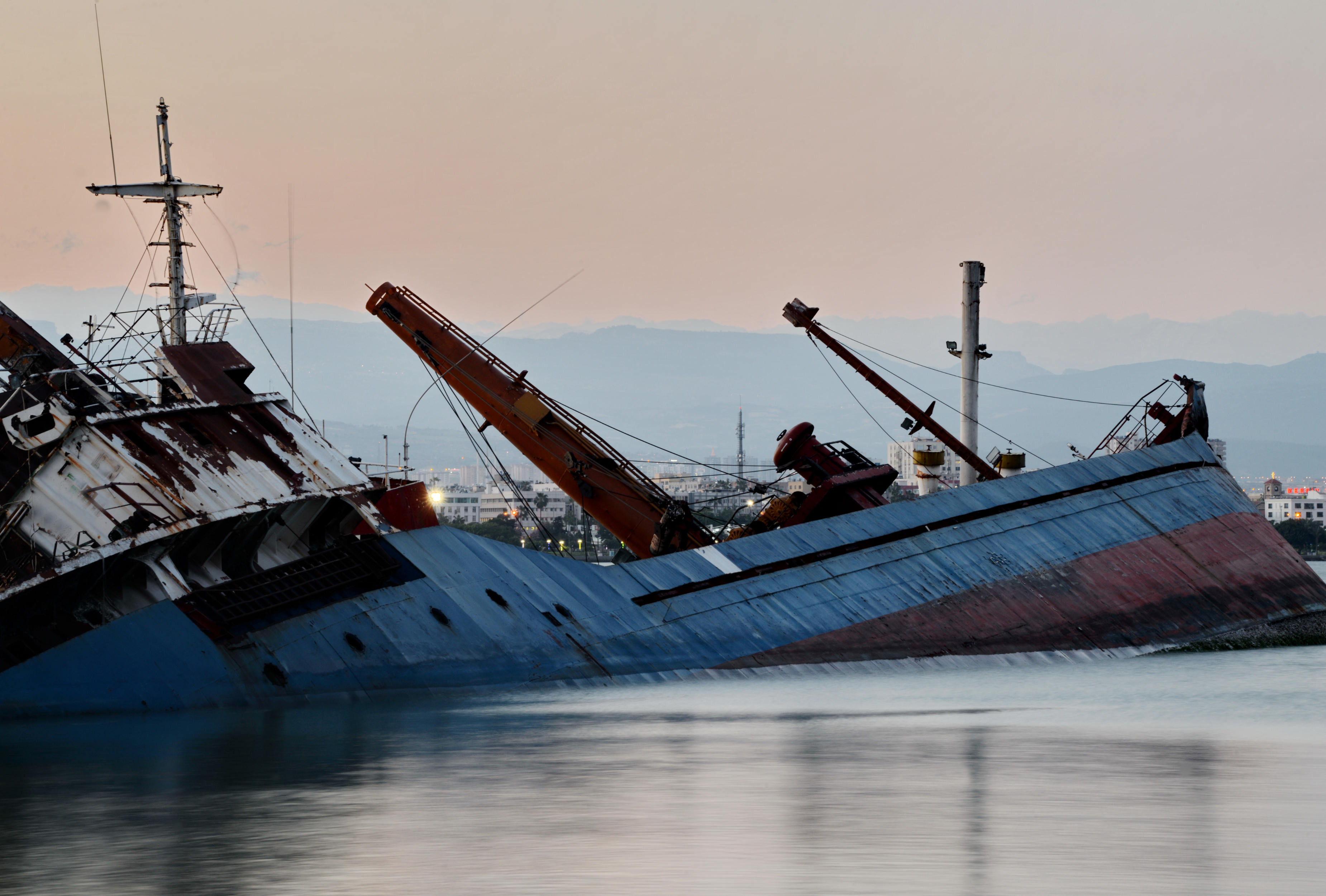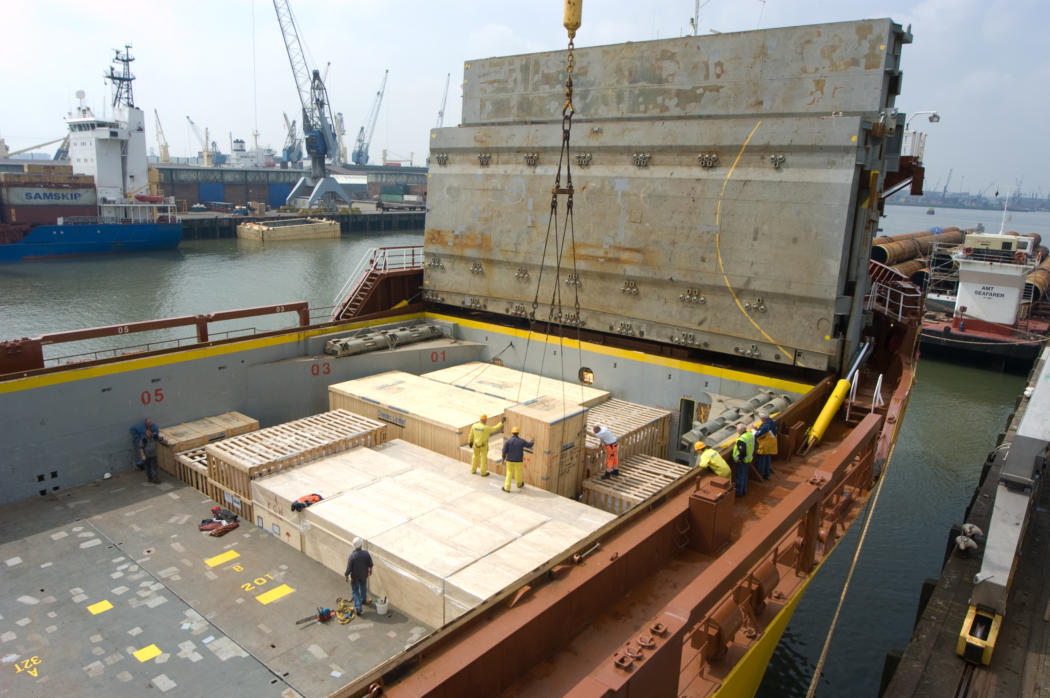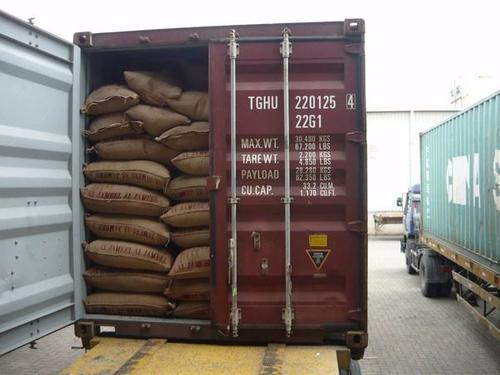With the outbreak of violence in the Middle East over the past month and the ever-looming possibility of escalation, many questions are in the forefront of our minds. After contemplating the initial questions we have regarding the violence in the Middle East and many other violence-stricken places across the world, we might wonder, how is my business affected?
If you look at your Ocean Marine Cargo Policy, you may have noticed an endorsement or exclusion for War, Strikes, Riots, and Civil Commotion for goods in these regions.
So, what exactly do these endorsements and exclusions mean? Are my goods covered? What steps can I take to protect my goods in these conflict areas?
These are many of the same questions asked following the onset of the Russian Invasion of Ukraine and during other clashes worldwide. In fact, the entire history of marine insurance has been shaped by different conflicts.
The answers depend on how the global marine insurance market decides to address the possibility of escalation in the Middle East. Naturally, our greatest hope is that the violence subsides or even completely ends by the time this article hits the presses.
There are a few courses of action insurers may take and, of course, you should always first consult with your insurance broker to see how your policy handles as marine policies are not typically “one size fits all.”
One approach we have seen is underwriters requesting the merchant notify them prior to each shipment into a designated conflict zone for review and approval. Coverage could attach as normal subject to vetting of specific details of the shipment or certain stipulations could be applied. For instance, no coverage after the discharge of goods at the port. Potentially this could be minimal disruption to your business and it provides some complementary risk management.
Another approach would be to emulate what many insurers have decided to do for shipments to Russia, Ukraine, or Belarus or even any transit through the Black Sea. In this case, insurers decided to issue a territorial exclusion. This exclusion restricts coverage in the aforementioned territories for the Perils of War, Strikes, Riots, and Civil Commotions and in some cases restricts coverage, full stop, for all perils. Insurers who do continue to allow shipments to restricted territories might impose an increased premium or reduced limits.
Any proper ocean marine cargo policy should always be issued with an accompanying War Policy. This policy would protect your shipments from damage that would occur from warlike actions, e.g., the ship carrying your goods is sunk by a submarine. An additional risk that is often covered in these war policies are derelict weapons of war, which in certain areas can be present for decades following the end of hostilities (Witherby 316).
Now, in what ways, other than the coverages, is your war policy different than your standard ocean policy and why is it separated from your normal policy? The most impactful differences are the period of insurance and time needed for insurers to cancel.
Unlike a general cargo policy, the protection provided under a war policy typically terminates as soon as the goods leave the vessel.
War policies typically contain 48-hour cancellation notices. Meaning that if the underwriter pleases, they can cancel coverage within 48 hours for all shipments that are not currently on the water.
Why is that? During times of conflict, a material degradation of risk (a qualifier for insurers to issue notice of cancellation) can happen quite suddenly. Whereas in a standard policy material degradation is normally not as sudden. In essence, the chance of loss moves from a fortuity – a fundamental concept of insurance – into a gamble or likelihood of loss.
A third possibility is that certain areas might become sanctioned. Although unlikely given the current events in the Middle East, the onset of sanctions on any region or country would restrict insurers from providing any coverage.
Since coverage may be affected in various ways and could change at any time, it is important you keep in touch with your cargo insurance broker to see how your policy is affected.
Article originally published in Tea & Coffee Trade Journal.




